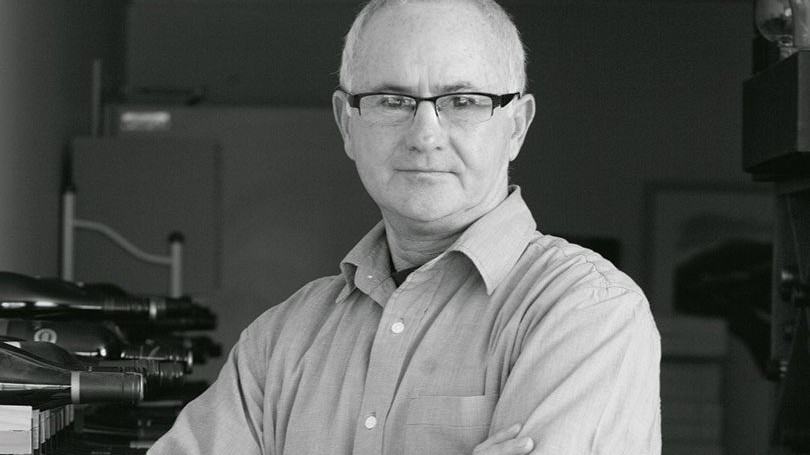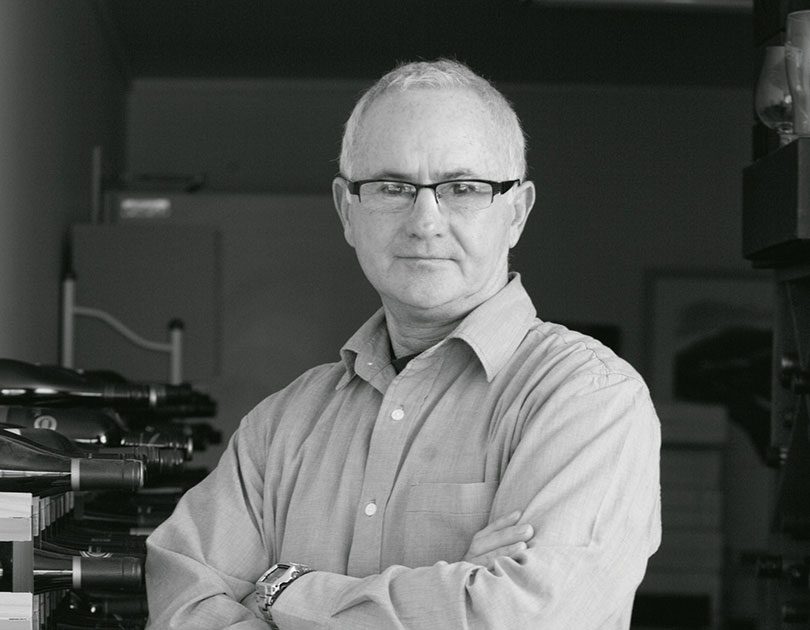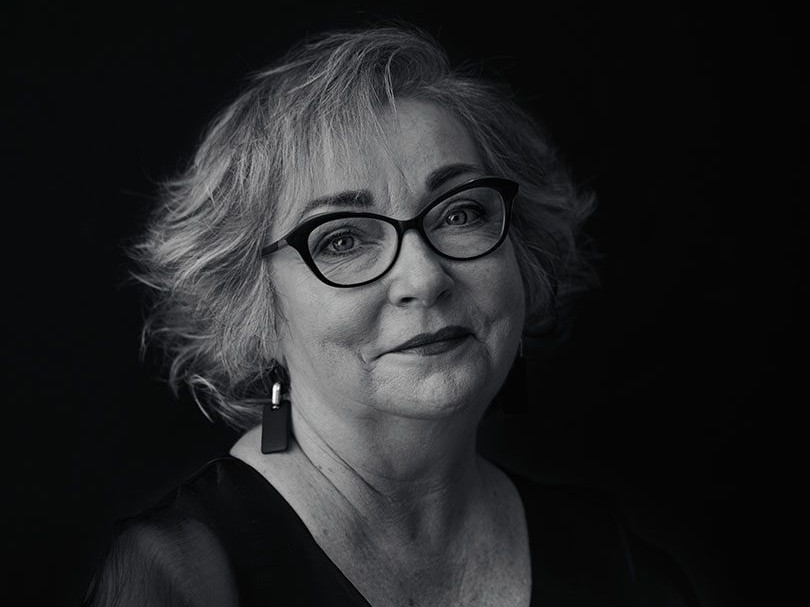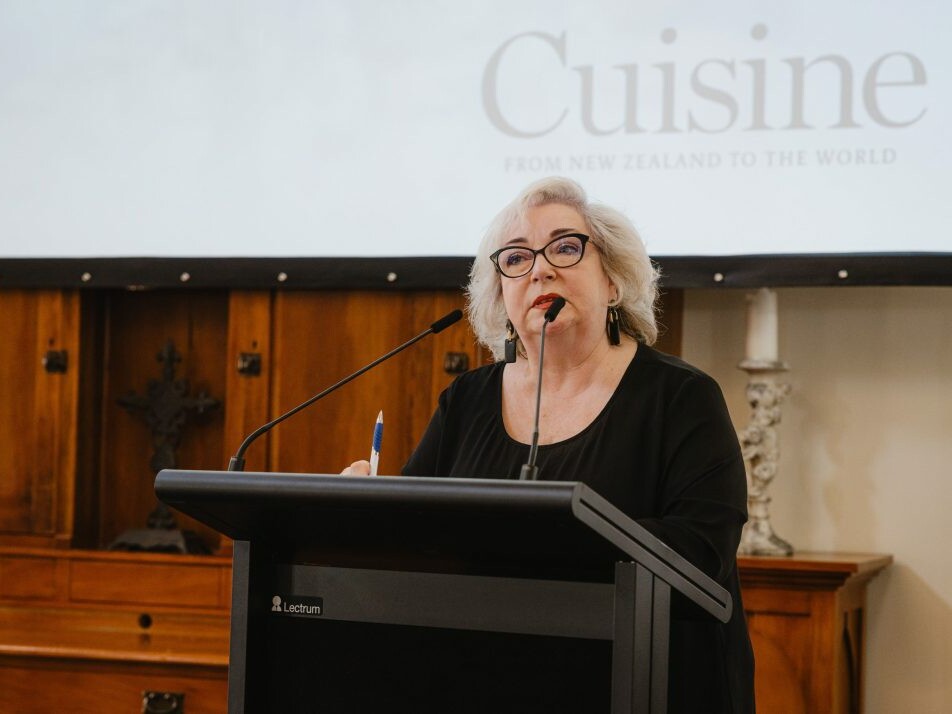Kerry Tyack argues that our COVID-hit hospitality industry needs more than just a shot in the arm.
The headline on a New Zealand Herald story read, “Long Covid and ME/Chronic Fatigue Syndrome: Life with a post-viral illness”. The author, Michael Hall, tells of how he coped, or didn’t, with the long- term effects of a COVID-family virus he contracted in 2009. It took nine years for an accurate diagnosis and the prospect of treatment. He began to live his life differently and believed he had recovered. Since then he has had two significant relapses and is now resigned to having to live with the knowledge it will never disappear and that his lifestyle changes need to be permanent.
Three or four weeks back I was talking to Ricky Lee, co-owner of Cocoro restaurant in Ponsonby. Ricky is a straight talker but always with that polite Japanese reserve that makes him so likeable and the consummate host. That night, during the inevitable chat about COVID and business health, Ricky told me that while they had coped during the long 2020 lockdown, business had been tough, belts had been tightened and bookings were way down on the same period a year earlier. He was worried.
After a delightful dinner at Kazuya a few nights later, chef Kazuya Yamauchi, as is his habit, took us to the door to see us out. I commented that it was great to see his restaurant busy. The glaze in his eyes said he was not happy. “We had a table of four not show up. We only seat 20 so that’s 20% of our business lost for the night. It happens quite a lot.”
Luis Cabrera and his wife Cecilia Lara own Besos Latinos in Halsey Street, Auckland. Recently I was driving past and noticed chairs on tables, lights off. That’s not what I expected from this buzzy, popular restaurant on a gloriously balmy Friday night in January. It was the same day I had news that Jack Crosti had decided to close his restaurant Mela for good. I called Luis: “Chef, you’re closed. Is everything OK?” He told me he and Cecilia were exhausted. They had closed for two weeks to give themselves and their staff a break. Long, long hours over the festive season had taken their toll and a complete break was the cure they had reluctantly chosen.
Over the last 18 months the message from various hospitality- focussed organisations has been clear: the restaurant industry has been disproportionately impacted by COVID and it needs support. Their expectation is that the Government will stump up targeted funds to help. Kelli Brett through Cuisine magazine has also been very vocal in her support of restaurant businesses and their need for help. To date, Kiwi diners have been pretty good. Many early adopters embraced the concept of ordering take-outs from their local haunts during lockdown while others, particularly the frequent eater outers, are dining out as much as their budgets allow. This has ensured improved cash flow for the lucky ones over December and early January.
It’s the dangerous tail in this pandemic that worries me: the long-COVID effect – the yet-to-be experienced, unexpected, entrenched harm this pandemic will cause. The negative effects caused by COVID will, potentially, continue to debilitate the industry and those who operate in it, perhaps for years. Handouts and short-term support may ease the pain but won’t work as cures. Expectations and attitudes need to change.
Action needs to include changes to dining culture and the quick adoption of some, perhaps unpleasant, hard- to-swallow medicine for diners. We must accept being asked to pay a booking deposit, non-refundable if we don’t show up. That deposit must be significant, perhaps equal to the typical average per-person spend, which at high-end restaurants could be as high as $175 per person. There will be refusals but it must happen and, to work effectively as a tool to remind diners of our obligations, it must be adopted by the majority of New Zealand restaurants as soon as possible.
We must also be prepared to be more flexible with time preferences as earlier/ later dining allows table turnover. Limited, less labour-intensive menus may also become more common.
Diners must also accept that short- term closures of our favourite eating spots are inevitable and resist the temptation to criticise or complain. As Ricky Lee pointed out that night at Cocoro, if chef Makoto Tokuyama is put into isolation because COVID has been discovered at his child’s school, the restaurant may need to close and bookings will need to be cancelled.
Finding qualified staff is extremely difficult right now and many restaurateurs are taking in raw talent who may stuff up at times. Diners need to be gentle in their treatment of servers, with encouragement rather than harassment.
Another way diners can help is by spreading the love. Opt to visit restaurants other than the faves or travel a little further afield in support of suburban or rural eateries.
Perhaps the most important way we can all support our restaurateurs, chefs and servers is by being acutely aware of the stress, the anguish and the emotional toll this whole damn situation is causing for everyone involved.
There is more to come as the pernicious, long-COVID effects of the pandemic begin to surface. Like the newspaper article author’s symptoms, they may not be immediately obvious. We need to be observant of our hospo friends and relatives, our local restaurant staff and be ready to step in with non-judgemental understanding. That’s how kindness works. ■




